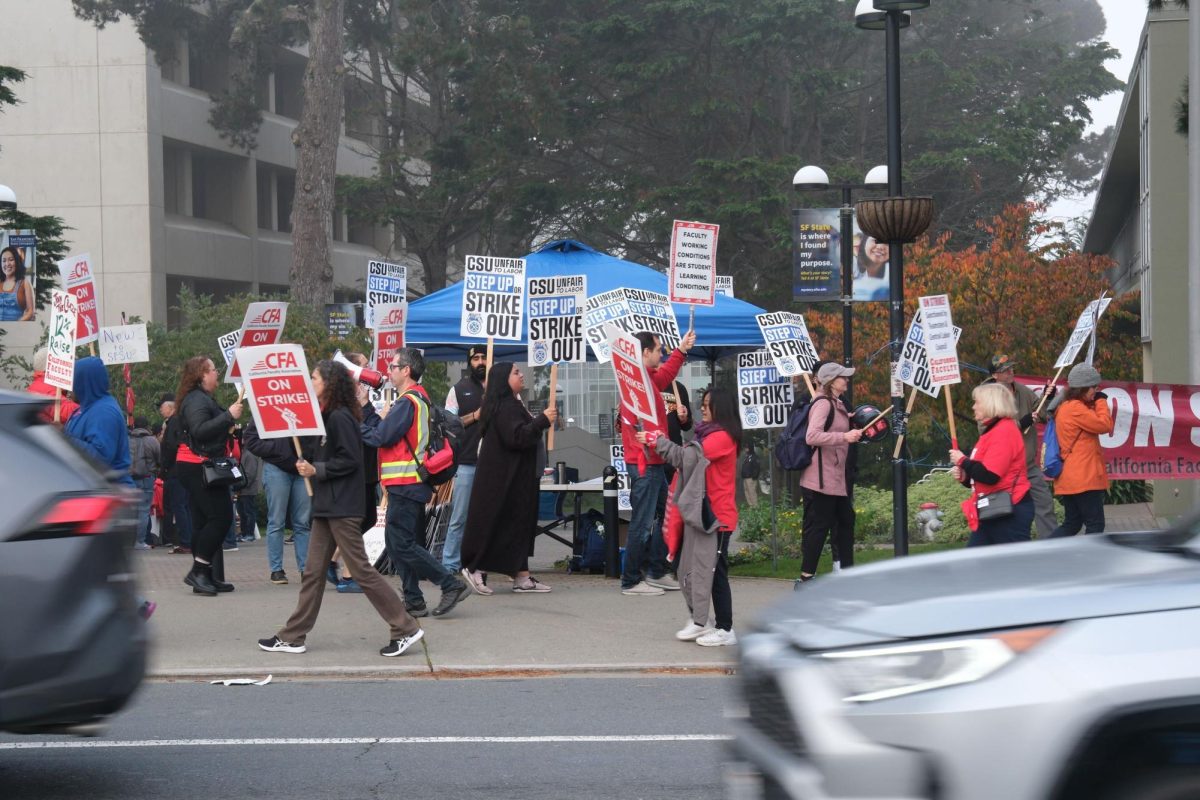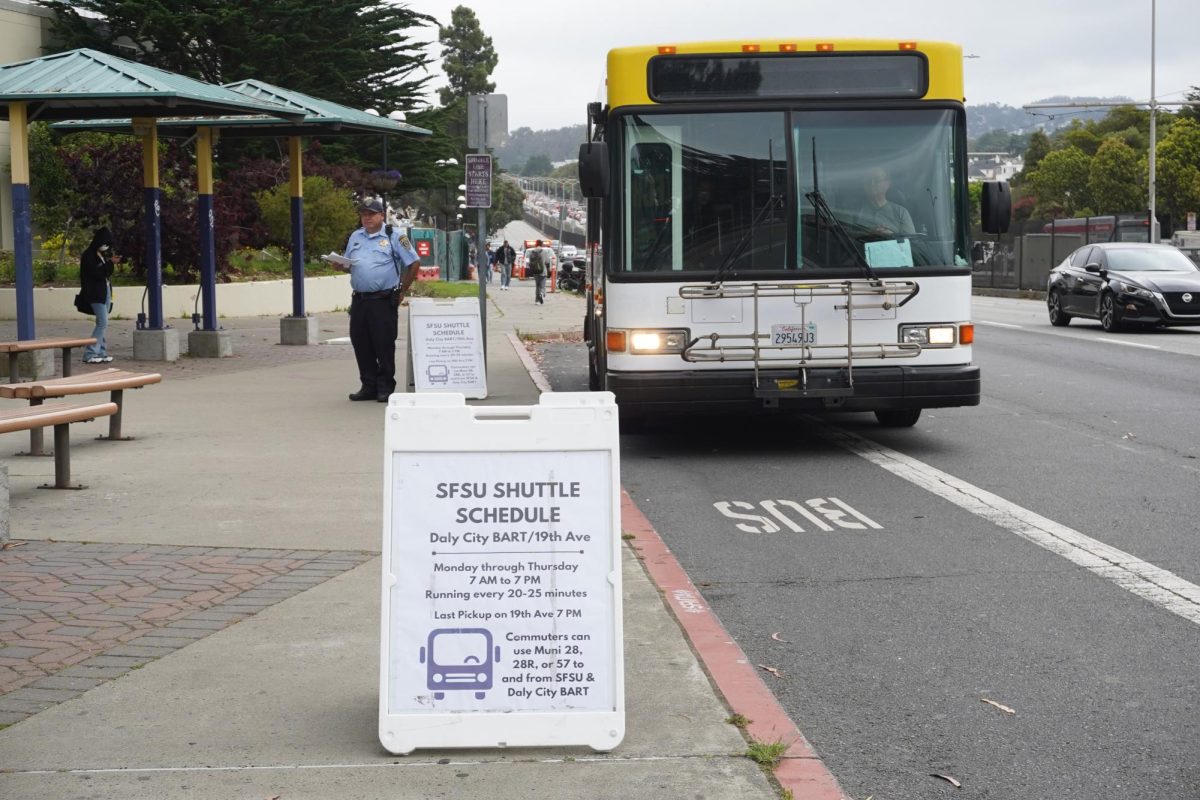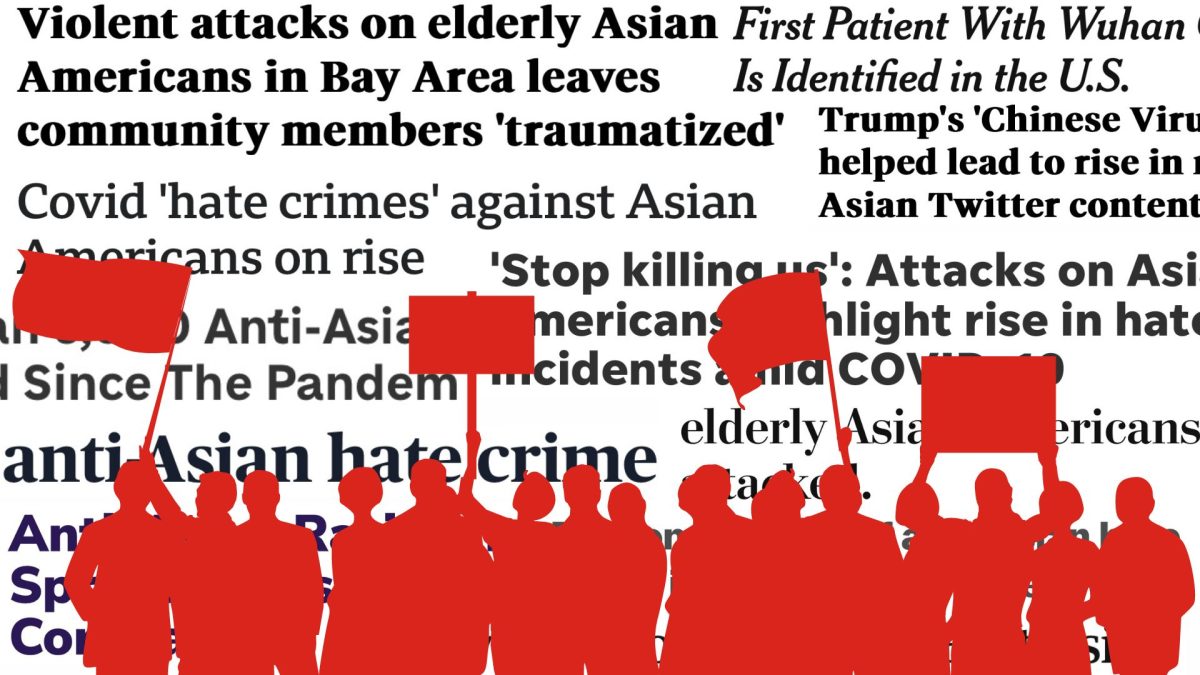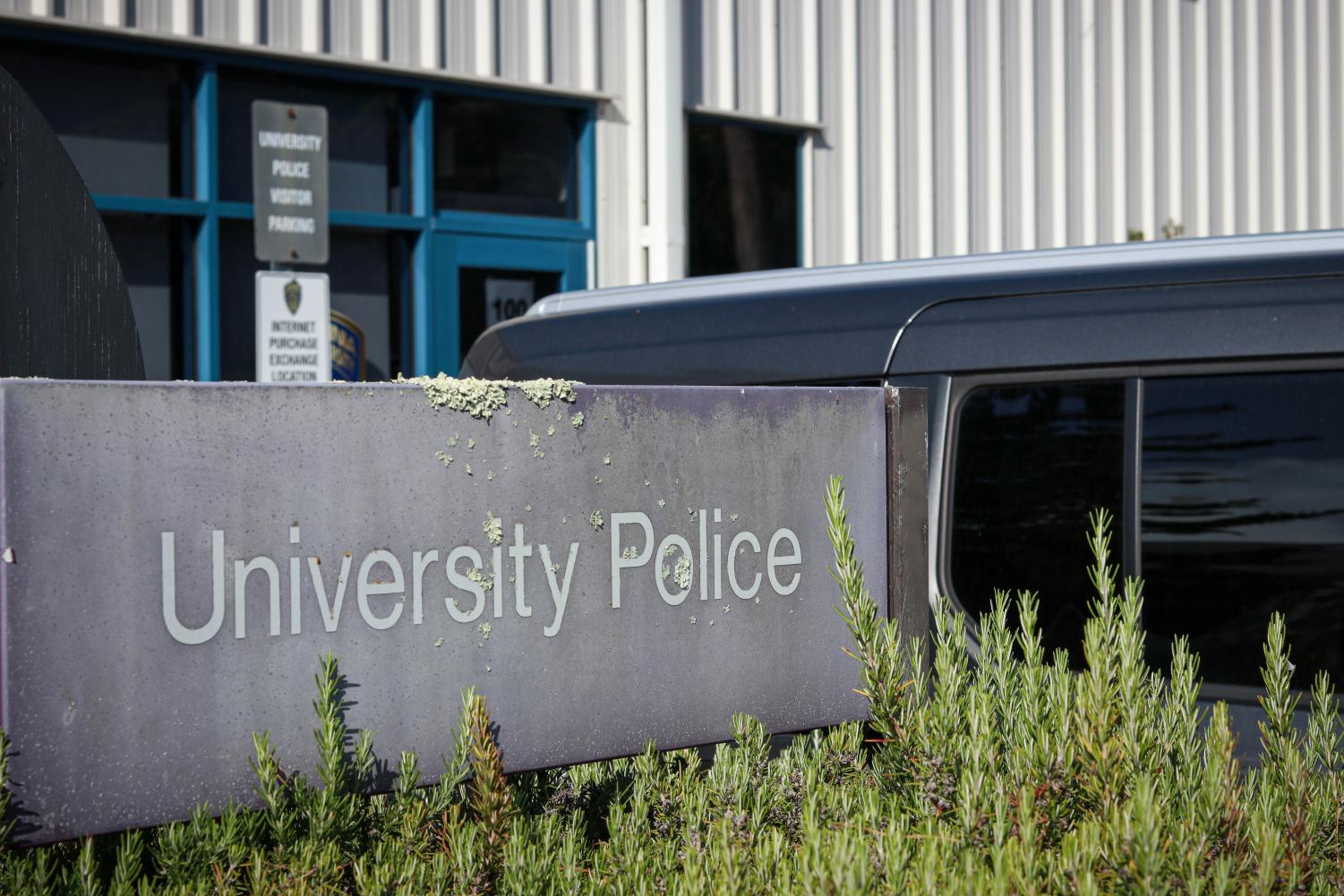
The heightened national scrutiny surrounding law enforcement provoked by the murder of George Floyd by the Minneapolis Police Department has included focus on the presence of university policing. Many protest movements have extended their demands for various forms of police reform, defunding and abolition to the role that police forces have on college campuses.
Plans for institutional changes at SF State’s University Police Department (UPD) will take on strategies closer to reform than defunding or abolition, in line with the other 22 California State University (CSU) campuses.
“I am leaning more towards the thought process of reimagining the work that police do. The traditional policing model is not working,” UPD Chief Reggie Parson said, including that he would like to see new approaches to non-criminal and non-violent situations. “Which one of our campus partners can we have support that concern? But not necessarily be with the police department.”
Other educational systems nationally and locally have begun to work toward changes that resemble calls for police defunding and abolition.
The University of Minnesota announced it was pulling out of most of its contracts with the Minneapolis Police Department in late May after Floyd’s killing. Campus community members at the University of Chicago and Yale have held large demonstrations for the removal of their campus police forces.
In the Bay Area, the San Francisco Board of Education voted last week to remove city police officers from its schools, while the Oakland Unified School District Board voted to disband its dedicated police force.
The 23 CSU campus police chiefs released a joint statement on June 12, committing themselves to implementing recommendations from the President’s Task Force on 21st Century Policing, which was signed as an executive order by former President Barack Obama following the death of Michael Brown in Ferguson, Missouri in 2014.
“We have seen the tragic impact of racism and bigotry, and many in our departments have experienced it personally. We are unitedly determined to take action,” the statement read..
While initiatives like the President’s Task Force on 21st Century Policing and the now-popular #8CantWait campaign are designed to reduce harm done by policing, many see these movements as symbolic gestures that double-down on a system that has already shown itself to fail.
“Universities are getting really good at practicing listening. I’m waiting patiently-at least for a time-to see if they’re willing to move beyond listening toward building,” said Rachel Roberson, co-chair of the University of California, Berkeley’s Chancellor’s Independent Advisory Board on Police Accountability and Community Safety, and a recent doctoral graduate from the university.
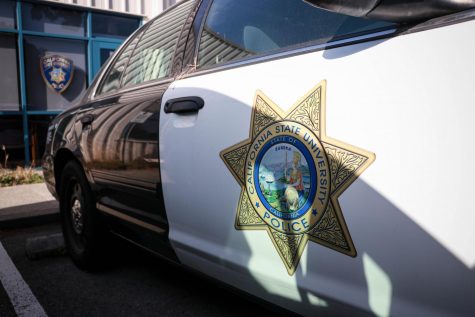
Roberson said the board’s findings pointed to an investment in student resources, including mental health, as a larger safety priority than an armed police force.
“When we ask students directly about their self-assessment of their safety, their ability to maintain a roof over their head and food everyday is much more of a salient and urgent need than the assumed insecurity associated with law enforcement,” Roberson said. “Several of those recommendations identified the role of policing as being an impediment to our most marginalized students feeling comfortable and safe on our campus”
Parson said he agrees there are large problems with a history of policing and racism, but he sees a better system as possible.
“We have to do it on the community’s terms,” Parson said. “We need to be open and accessible to hear all concerns, good, bad and indifferent. To work together to address those concerns.”
One major point of tension in the national conversation on use-of-force policing is that officers are often heavily armed, creating a lopsided dynamic that can lead to deadly abuses of power.
According to Parson, UPD officers across the CSU system have collectively bargained that each officer is to be supplied with ballistic plates, along with a helmet, taser, pepper spray, a “side carry” gun like the ones often seen on an officers hip and an AR-15 rifle that usually stays inside the officer’s vehicle.
“We still have a responsibility to protect our community members,” Parson said. “We are an urban institution in a densely populated area. We don’t have a wall around our campus. The potential for a violent crime incident on campus is real; we’ve had violence on our campus, we’ve had our students be victims of violence.”
Roberson, who recently finished her doctoral work at Berkeley in Higher Education Administration, believes campus police forces are militarized to an alarming extent.
“As somebody who has spent my professional career on college campuses, I don’t think that a place of learning is a place that should be co-existing with that level of weaponry and artillery,” she said.
Roberson believes this is an exciting moment for redefining the ways communities, including university campuses, can think about taking care of people.
“What I’ve seen historically is that the protection of university property is more often than not valued over the health and safety of our most marginalized students and community members on campus,” Roberson said. “I think we have an opportunity to reflect and reimagine what safety looks and feels like.”



